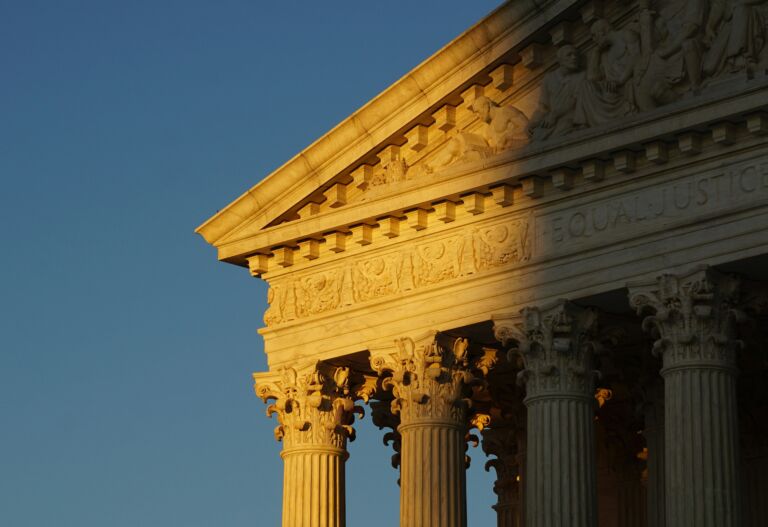Charles Hilu writes for the Washington Free Beacon about poll results that offer reassurance about the American public’s stance on affirmative action.
Most Americans, including majorities of every racial group, support the United States Supreme Court’s June decision that ended affirmative action, a Tuesday poll found.
Sixty-eight percent of American adults said the ruling in Students for Fair Admissions v. Harvard was “mostly a good thing,” according to the survey from the Gallup Center on Black Voices. Broken down by race, 72 percent of whites, 68 percent of Hispanics, 63 percent of Asians, and 52 percent of blacks approved of it.
Black Americans mostly agreed with the ruling even though 50 percent of respondents in the group said that it would have a negative impact on higher education. Pluralities of white, Hispanic, and Asian respondents said its impact would be positive.
A majority of whites and a plurality of Asians who responded to the poll said they believed the case’s outcome would make no difference in the difficulty for applicants of their race to attend college. Most black respondents, 52 percent, said it would be harder to attend, while Hispanics were split three ways on the question between it being easier, harder, or no different.
Seventy-three percent of Asian respondents who considered attending college for an undergraduate degree in the past two years said the court case impacted their decision on which colleges to attend. Forty-eight percent of blacks, 43 percent of Hispanics, and 39 percent of whites said the same.
The Gallup center conducted the poll between Oct. 25 and Nov. 9 of last year, and the organization’s surveys typically consist of 1,000 people and carry a margin of error of 4 points, according to Politico.
Last June, the Supreme Court struck down in a 6-3 decision the admissions policies of Harvard University and the University of North Carolina, with Chief Justice John Roberts writing that they “lack sufficiently focused and measurable objectives warranting the use of race, unavoidably employ race in a negative manner, involve racial stereotyping, and lack meaningful end points.”


